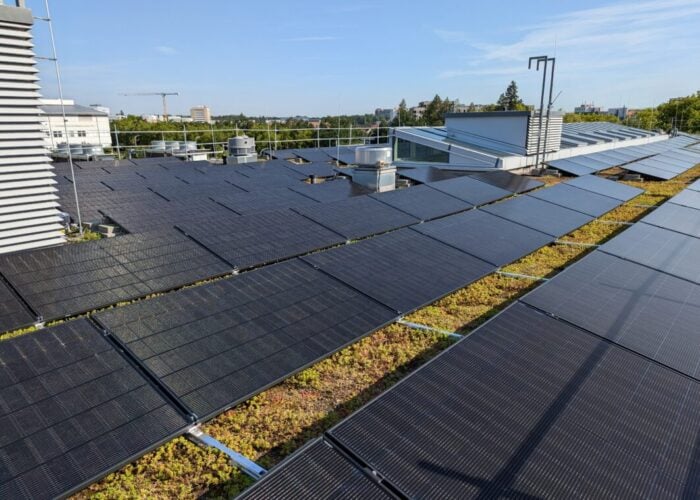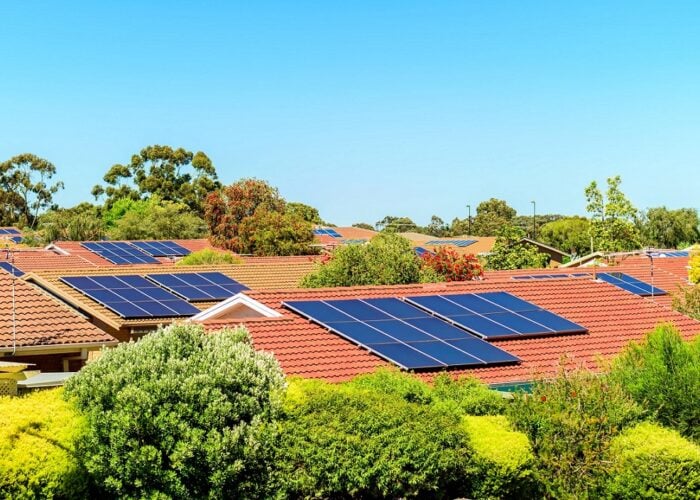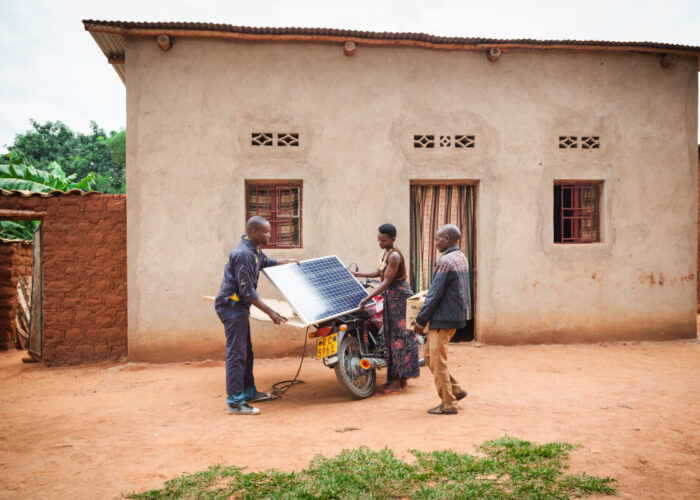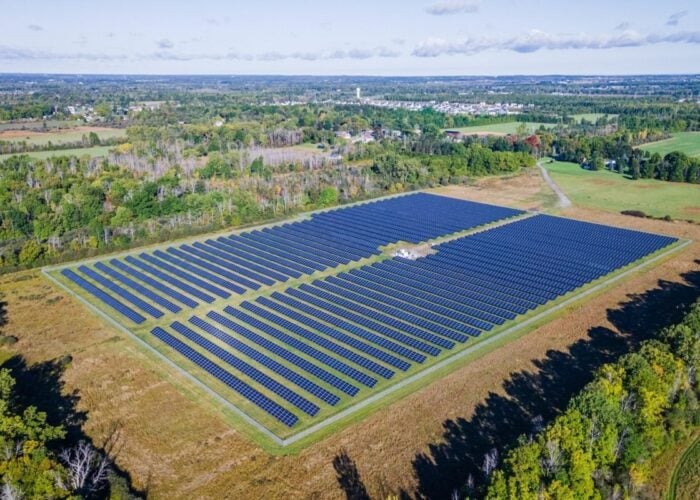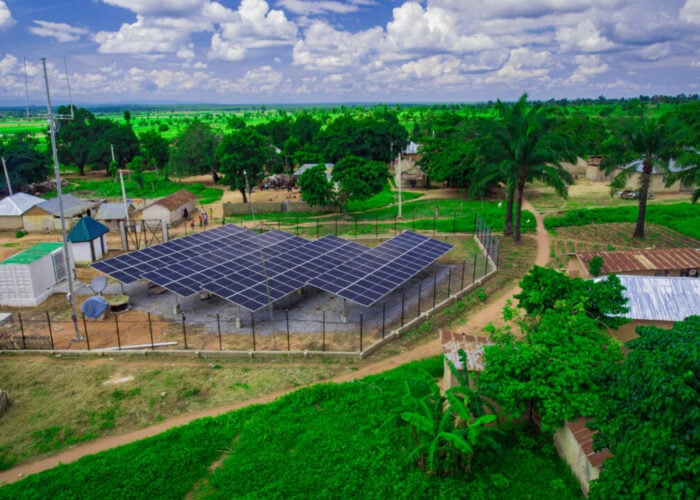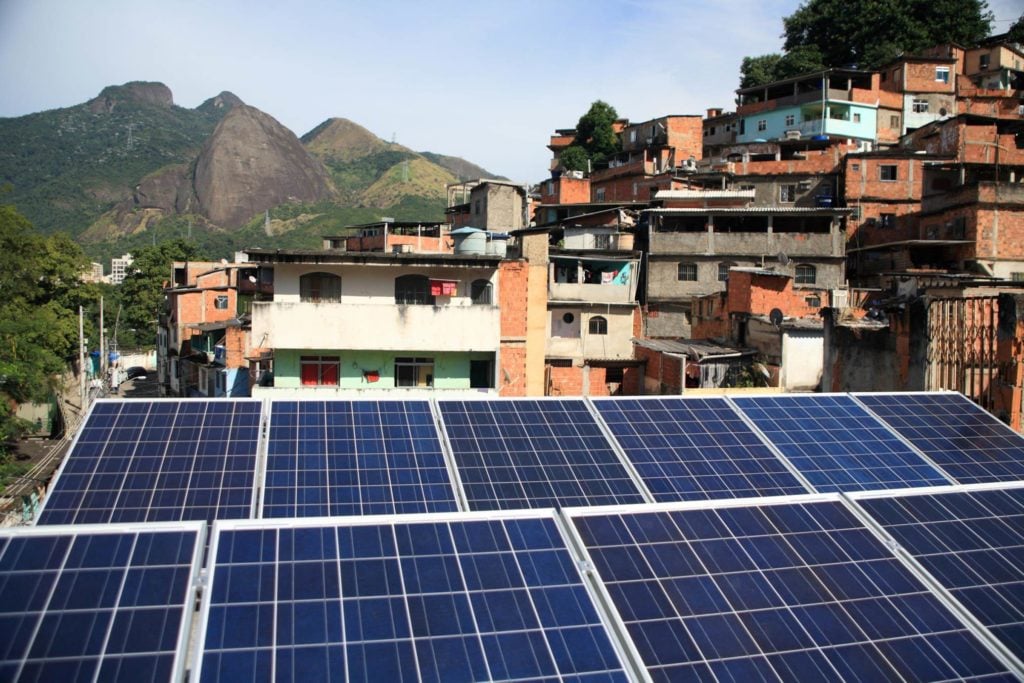
Brazil has published its long-awaited new net metering laws which will remain highly favourable to the distributed generation sector that has been the main driver of solar PV deployment in the country.
But the next year will see the market go “into overdrive” as generators scramble to access the existing, more lucrative scheme, analysts have told PV Tech Premium.
Unlock unlimited access for 12 whole months of distinctive global analysis
Photovoltaics International is now included.
- Regular insight and analysis of the industry’s biggest developments
- In-depth interviews with the industry’s leading figures
- Unlimited digital access to the PV Tech Power journal catalogue
- Unlimited digital access to the Photovoltaics International journal catalogue
- Access to more than 1,000 technical papers
- Discounts on Solar Media’s portfolio of events, in-person and virtual
Under Law 14.300, any solar PV systems below 5MW will be eligible for net metering tariffs until 2045. A grid fee for prosumers will take effect from 2023, but the date of implementation means that distributed generation systems installed in 2022 will not be subject to any additional fees.
Analysts told PV Tech Premium how the new law has caused a surge of new small-scale solar projects in the country, with individuals and businesses keen to capitalise on the more favourable policy structure before January 2023, although they noted that the upcoming regulations are still a very positive for the country’s solar industry.
“The prospect of major revisions to Brazil’s net metering policy has already been a key ingredient driving a distributed solar boom that has seen small-scale capacity jump from zero in 2015 to 11GWdc [today] − double [the country’s] total utility-scale solar capacity,” James Ellis, head of Latin American research at BNEF, told PV Tech Premium.
“The new distributed generation law is highly favourable to solar,” Ellis said. “With its passage we see the sector, already red-hot, going into overdrive this year as installers race to access generous net metering benefits within the next 12 months.”
But for projects that file an access request with the distribution company after January 2023, the new tariff rules will apply.
“According to the new tariff system, between 2023 and 2029, there will be a gradual increase of the amount to be paid with respect to the distribution tariff and, starting in 2029, the full amount of the distribution tariff will apply,” explained Camila Ramos, managing director of Clean Energy Latin America (CELA).
The Law also states that the new tariff system shall be regulated by Brazilian energy regulator Agência Nacional de Energia Elétrica (ANEEL), “with the possibility of considering eventual benefits of distributed generation, according to guidelines to be defined by the National Energy Policy Council,” Ramos added.
Moreover, under the new rules, minigeneration projects with an installed power above 500kW must present a performance guarantee (2.5% of the investment for plants with installed capacity greater than 500kW and lower than 1,000kW, and 5% of the investment for plants with installed capacity greater than or equal to 1,000kW).
The performance guarantee shall be in force for up to 30 days after the project’s connection to the distribution grid, Ramos noted.
Looking much further ahead, after 31 December 2045, the maximum installed capacity limit for existing units of distributed microgeneration in the case of non-dispatchable sources like solar will reduce from 5MW to 3MW. “Similarly, for new units, the law foresees a maximum installed capacity limit of 5MW for dispatchable sources and 3MW for non-dispatchable sources,” explained Ramos.
Maximum installed capacity limits change under the new rules, however, when projects have a storage component. “The Law provides for the possibility of microgeneration and minigeneration hybrid generating plants with [battery energy storage systems] (BESS),” said Ramos. “Also, the law considers as dispatchable sources photovoltaic generation sources of up to 3MW of installed power, with batteries with storage capacity of at least 20% of the monthly generation capacity.”
When considering the “bigger picture”, Ellis said “the new law provides much-needed legal certainty to the sector – consumers, developers, investors and distributors – and will put Brazil behind-the-meter solar on a more sustainable growth path beyond the current frenzy.”
PV Tech will be taking a closer look at the new net metering laws and the Brazilian solar market more broadly in the next edition of PV Tech Power in February, with expert insights from analysts, trade bodies and companies working in the country’s solar sector.


